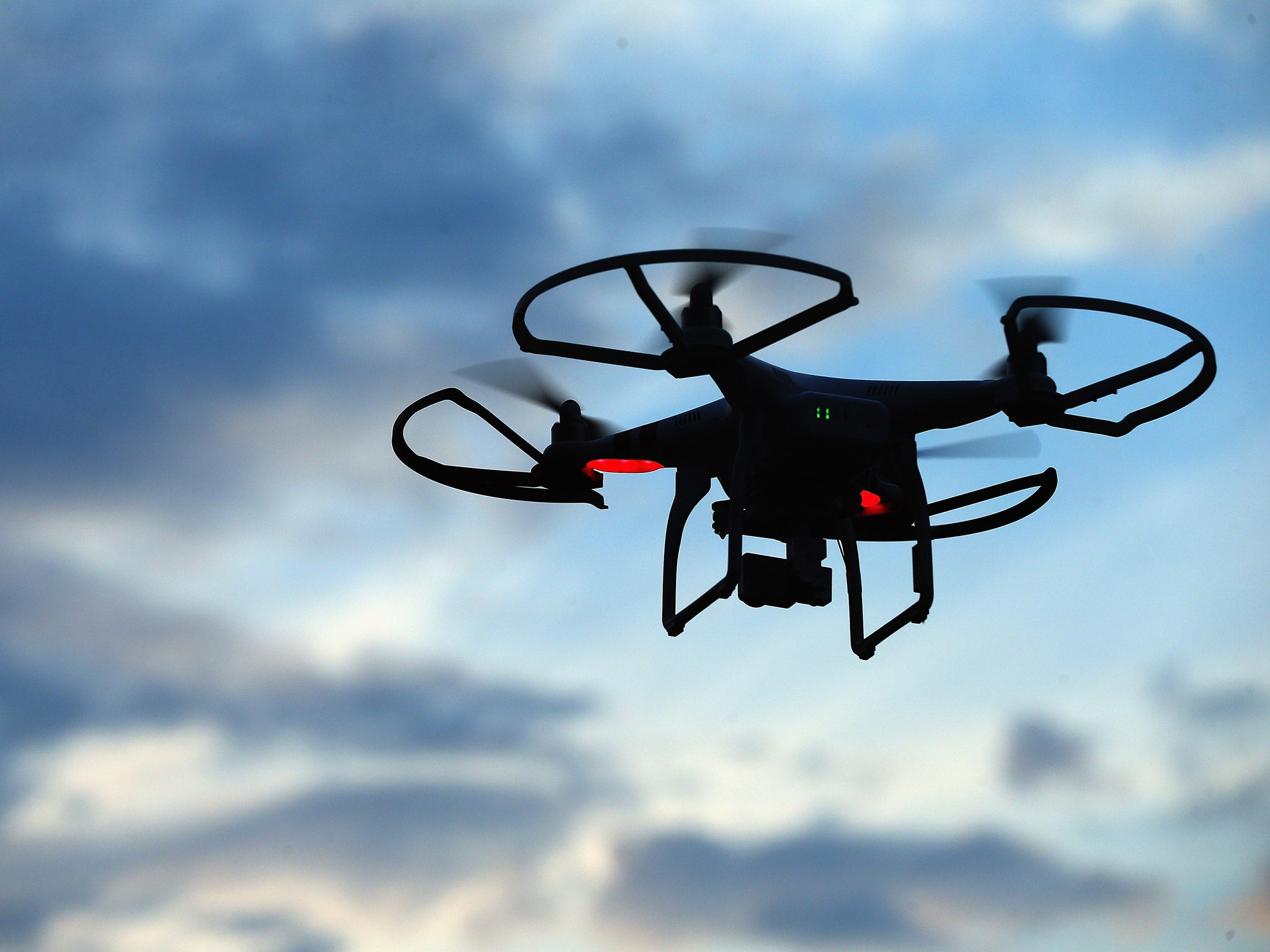Your support helps us to tell the story
From reproductive rights to climate change to Big Tech, The Independent is on the ground when the story is developing. Whether it's investigating the financials of Elon Musk's pro-Trump PAC or producing our latest documentary, 'The A Word', which shines a light on the American women fighting for reproductive rights, we know how important it is to parse out the facts from the messaging.
At such a critical moment in US history, we need reporters on the ground. Your donation allows us to keep sending journalists to speak to both sides of the story.
The Independent is trusted by Americans across the entire political spectrum. And unlike many other quality news outlets, we choose not to lock Americans out of our reporting and analysis with paywalls. We believe quality journalism should be available to everyone, paid for by those who can afford it.
Your support makes all the difference.An 18-month-old toddler has lost an eye in Worcestershire after being hit by a rogue drone when a family friend lost control of the machine.
Oscar Webb, from Stourport-on-Severn had his eyeball was sliced in half by one of the drone’s propellers after operator Simon Evans became unable to navigate it.
Mr Evans told the BBC that the drone had been flying for about a minute, but as he was about to land it, it “clipped a tree and span round”.
He said: “The next thing I know I’ve just heard my friend shriek and say ‘Oh God no’ and I turned around and just saw blood and his baby on the floor crying.”
It wasn’t until they were in the ambulance that Oscar’s mother, Amy Roberts, saw her son open his eye. She said: “What I saw, I can still see it now, and what I saw or what I thought I saw was the bottom half of his eye and it’s the worst thing I’ve ever seen.”
According to Faye Mellington, a consultant in oculoplastics and orbital surgery at Sandwell and West Birmingham Hospitals NHS Trust, the long term outlook for Oscar’s vision is “extremely poor”. However, the toddler can still see out of his remaining eye.
Miss Mellington told BBC that she had never seen a drone injury before, but “given their popularity and common use”, more drone-related injuries are inevitable.
Oscar will need more surgery before he can be fitted with a prosthetic eye.
His family has forgiven Mr Evans for the “awful accident”, but Mr Evans says he cannot bring himself to even look at the drone that caused the damage.
“I look at the drones in the garage and I feel physically sick,” he said.
The Civil Aviation Authority has several guidelines for drone users, dubbed ‘The Dronecode’, which includes:
- Make sure you can see your drone at all times
- Do not fly higher than 400 feet
- Always keep your drone away from aircraft, helicopters, airports and airfields
- Do not fly within 50 metres of people, vehicles, buildings or structures
- Do not fly over congested areas or large gatherings
Oscar’s story was told as part of BBC One's consumer affair programme ‘BBC Watchdog’ on Thursday.

Join our commenting forum
Join thought-provoking conversations, follow other Independent readers and see their replies
Comments